Meet Nic L. Kelly
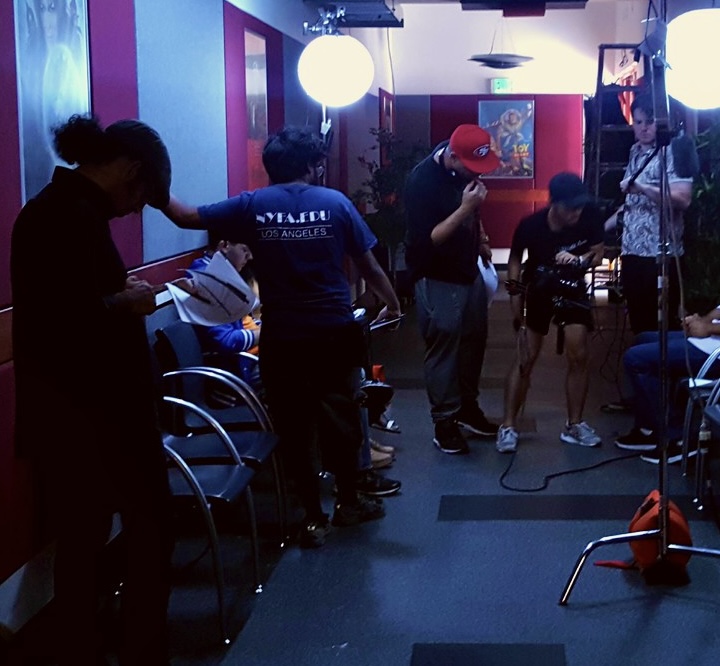
We had the good fortune of connecting with Nic L. Kelly and we’ve shared our conversation below.
Hi Nic L., why did you pursue a creative career?
In many ways, my creative path started with my mom. She was an aspiring visual artist with a deep love for film and music, and our weekends were built around pop cultural experiences. Every Friday, we’d rent new movies, and Saturdays were for music—played loud and all day long. That rhythm of consuming culture was entertainment for us, but for me, it was also education.
My mom was relatively young, so our dynamic often felt more like siblings than parent and child. She never filtered what I could watch, which meant I absorbed a wide range of genres from a very early age—horror, comedy, drama, etc. She loved comedies, and we’d rewatch the funniest scenes until we were crying and laughing. I’d mimic the actors and make her laugh again. Somewhere in that repetition, I learned timing, delivery, and performance. I even remember sneaking around to watch Eddie Murphy’s stand-up specials when I was far too young, but those moments stuck with me.
Her taste in music was just as expansive—soul, hip-hop, rock, jazz, even international pop sounds—which exposed me to a broad emotional palette and taught me to listen to everything openly. I didn’t realize it then, but it was shaped by story, rhythm, tone, and aesthetics. That exposure eventually led me to music production. Breaking into that world in Baltimore wasn’t easy, as the infrastructure wasn’t built for aspiring producers. Still, I was driven by examples like Dr. Dre, who directed music videos, and Ice Cube, who wrote films. They showed me that artists could be multidimensional.
I wrote my first script during that period—a comedy. It wasn’t great, but it meant something to me. I still hadn’t fully embraced becoming a filmmaker, but the seeds were there. At the same time, I was heavily influenced by fashion. Hip-hop culture made it clear that how you present yourself visually is part of your message, your identity. Music, film, and fashion were never separate—they were all part of one creative language.
After years of working in music, I decided to pivot and go to school for film. That’s when it all started to click. I wasn’t starting from scratch—I had story instincts, studied structure without realizing it, and had a vision.
That was the moment everything came together. Film became the medium where all sound, style, and story elements could coexist. And I haven’t looked back since.
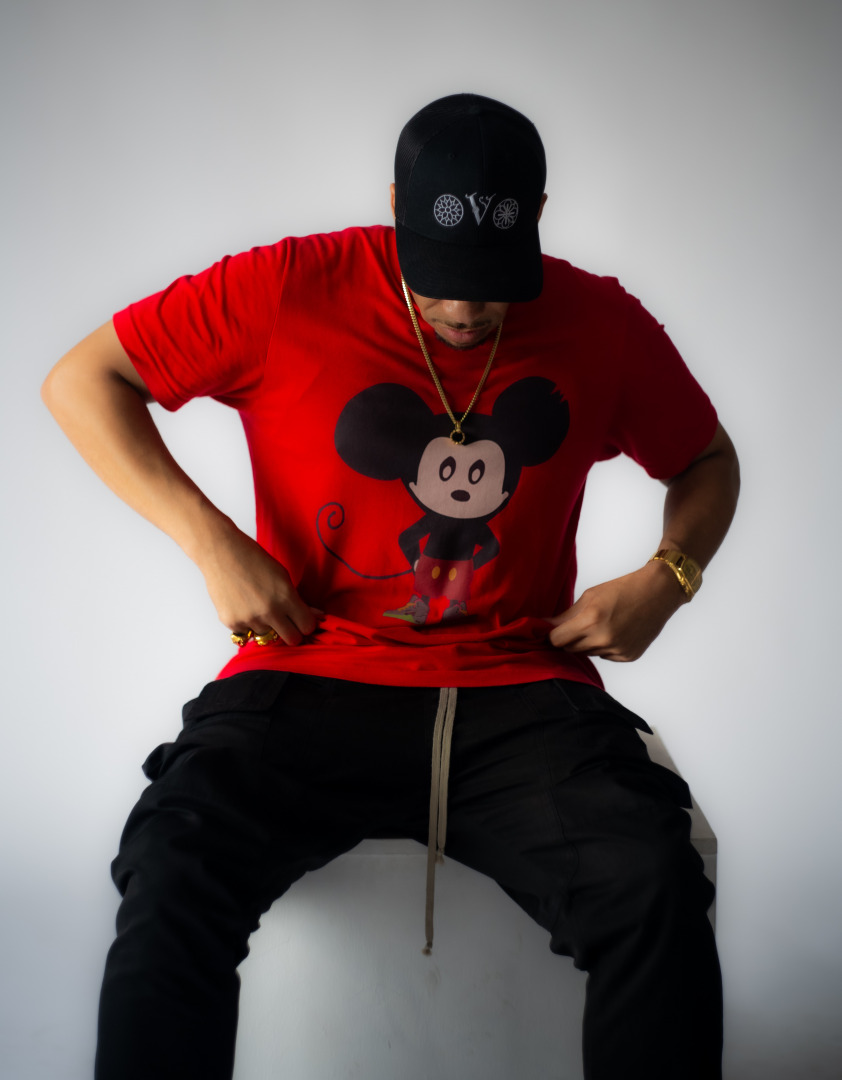
Let’s talk shop? Tell us more about your career, what can you share with our community?
As an artist, the throughline in everything I create is the act of subverting expectations. I’m deeply interested in how people try to place others into tidy, convenient boxes—including how I’ve been categorized myself. My work—whether it’s music or film—is my way of pushing back against those limitations. I want to challenge assumptions and prompt people to reconsider what they think they know.
What excites me most is the creative risk—the challenge of moving the needle. We’ve reached a point in culture where everyone is fighting to be seen or heard, but not enough people are asking, what they’re saying. I value having something meaningful to express in a world that often rewards noise over nuance. That instinct—to go left when everyone else is going right—is part of what sets me apart. It’s not always the easiest path, but it’s the one that feels the most honest.
That said, this journey hasn’t been easy. Being ahead of the curve might sound like an advantage, but in reality, it often means creating things that people aren’t ready to embrace yet. I’ve had ideas—scripts, sounds, visuals—that were overlooked or dismissed, only to see similar versions gain traction years later. That can be frustrating, even disheartening. But it’s also validating. It confirms that my instincts were right, and that’s taught me one of the most important lessons in this journey: trust yourself, even when no one else sees the vision.
I’ve learned to be patient. I’ve learned to protect the integrity of my work. And above all, I’ve learned that longevity matters more than hype. I’m proud that I’ve stayed true to my creative voice, even when it meant going unnoticed for a while. Those quiet years allowed me to build a body of work that’s authentic, layered, and future-facing.
If there’s one thing I’d want the world to understand about me, it’s this: I don’t create to fit in—I create to stand out. My goal is to make music and tell stories that stir emotion. I’m not chasing trends. I’m building something that will last.
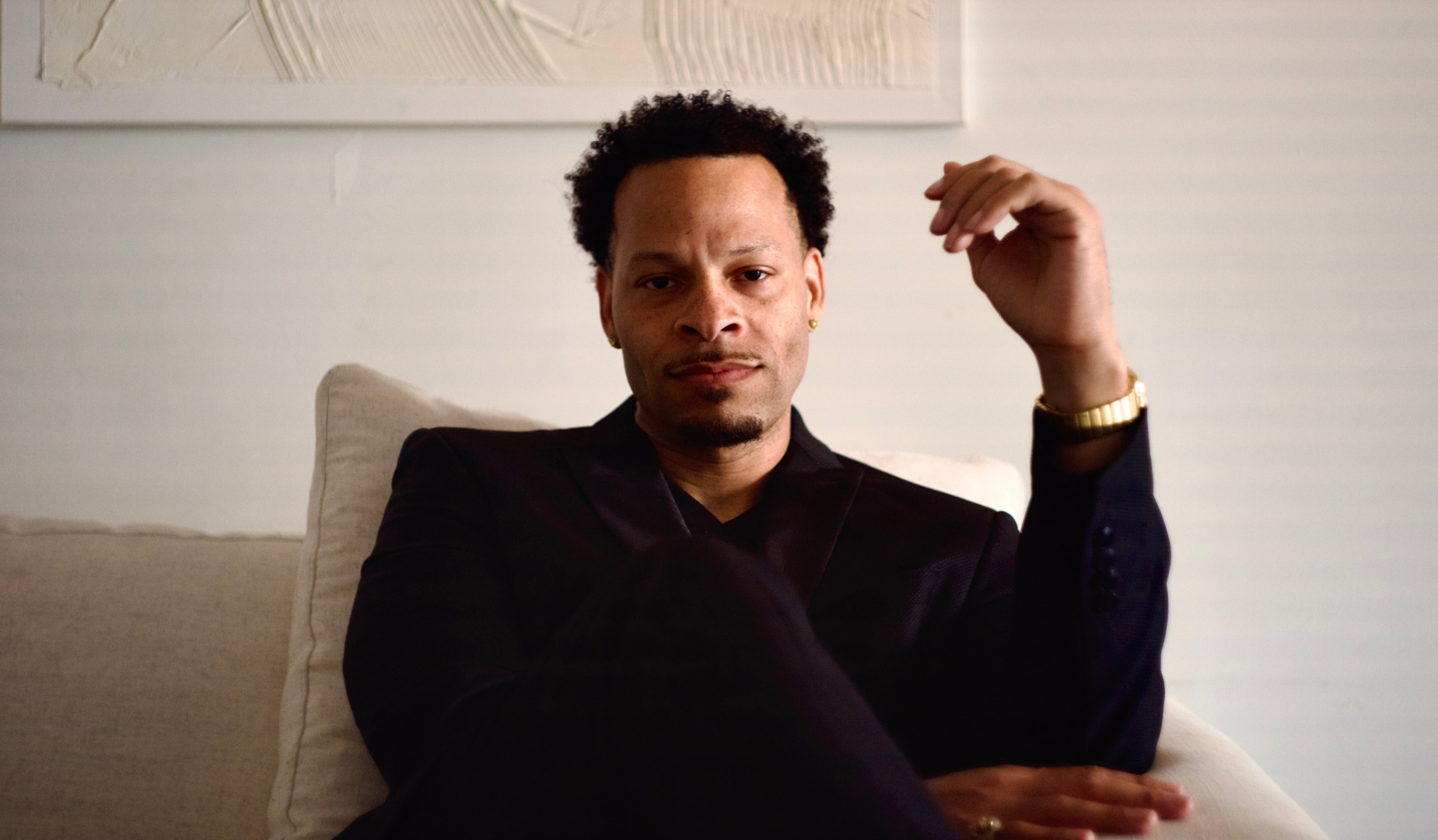
If you had a friend visiting you, what are some of the local spots you’d want to take them around to?
First and foremost, we’re hitting a Lakers game—no question. If it’s not basketball season, we’re at least going to visit the statues and pay our respects. All praises are due to the purple and gold.
Since art is a big part of my life, museums are non-negotiable. I’d take them to The Broad, where I could spend hours staring at the Basquiats. Every time I see them, I catch something new. I won’t give away all my secret spots, but that’s the beginning.
Food-wise, we’re getting serious. I’m originally from the East Coast, so pizza is sacred. I’d kill two birds with one stone by taking them to Hermosa Beach—my favorite beach in L.A., which has a few solid pizza joints. It’s the perfect combo: good food and the ocean.
Next, stop is Little Tokyo for sushi—it’s one of the best neighborhoods. After that, thrifting and sneaker shopping on Melrose is a must-do when visiting. I’d throw in a trip to the Beverly Center and Rodeo Drive. You haven’t seen jaw-dropping affluence until you’ve watched someone try on a $10K watch like it’s nothing.
It might sound corny, but I always take visitors to the Hollywood sign. It might be a tourist cliché, but for me, it’s personal. That sign was the dream—I moved here chasing what it symbolized. Sharing that moment with someone else never gets old.
And I’d have to sneak in a little film time. We’d catch a screening at the New Beverly or the Vista—some old movie I’ve only seen on DVD, projected on 35mm. There’s something sacred about seeing a film the way it was originally shown.
We’d wrap the week with a local street market—music, and food trucks. L.A. is massive, and I’m still discovering it myself. But that’s what I love about it—there’s always something new waiting around the corner.
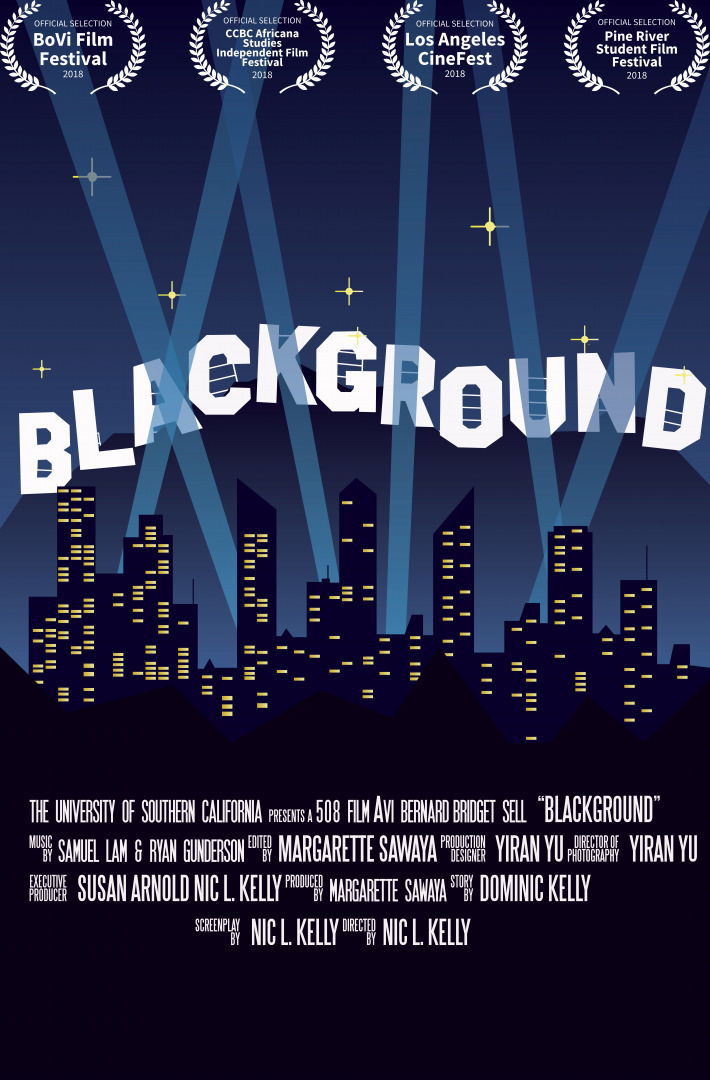
The Shoutout series is all about recognizing that our success and where we are in life is at least somewhat thanks to the efforts, support, mentorship, love and encouragement of others. So is there someone that you want to dedicate your shoutout to?
First and foremost, I want to express profound gratitude to my family and friends. It’s been a long creative journey, and they’ve supported me in countless ways—showing up to film premieres on my behalf when I couldn’t attend, digging through crates to find records I could sample, helping me afford gear when money was tight, or even. I know they’ve had to sit through an endless stream of my ideas—sometimes half-formed, sometimes overly ambitious—but they’ve never made me feel like I was dreaming too big. That kind of quiet, unwavering support has meant the world to me.
I also want to thank a few mentors whose guidance helped sharpen my craft and clarify my path. Barnet Kellman taught me how to break down scenes and truly understand what it means to direct with intention. He didn’t just teach the mechanics of blocking or camera placement—he showed me how to read a moment’s emotional weight and speak the directors’ language. Even after graduation, he’s continued to be a generous and encouraging presence.
Jennifer Warren—my Oscars buddy—helped me see the industry more holistically. Our annual film debates became a kind of master class. She taught me how to analyze the beats of a scene, and more importantly, how to communicate with actors in a way that builds trust and draws out truth.
And I can’t leave out Irving Belateche. His storytelling class was transformative. It didn’t just sharpen my writing—it changed how I see narrative structure, theme, and character arcs. He’s always been willing to listen to my pitches and offer thoughtful, constructive feedback. Having that kind of mentor who takes your work seriously—especially when you’re still figuring it out—makes a huge difference.
In different ways, they helped me take what was once just a dream and start shaping it into something tangible.
Instagram: https://www.instagram.com/__diamonds_3.0/
Other: Vimeo – https://vimeo.com/andidpictures
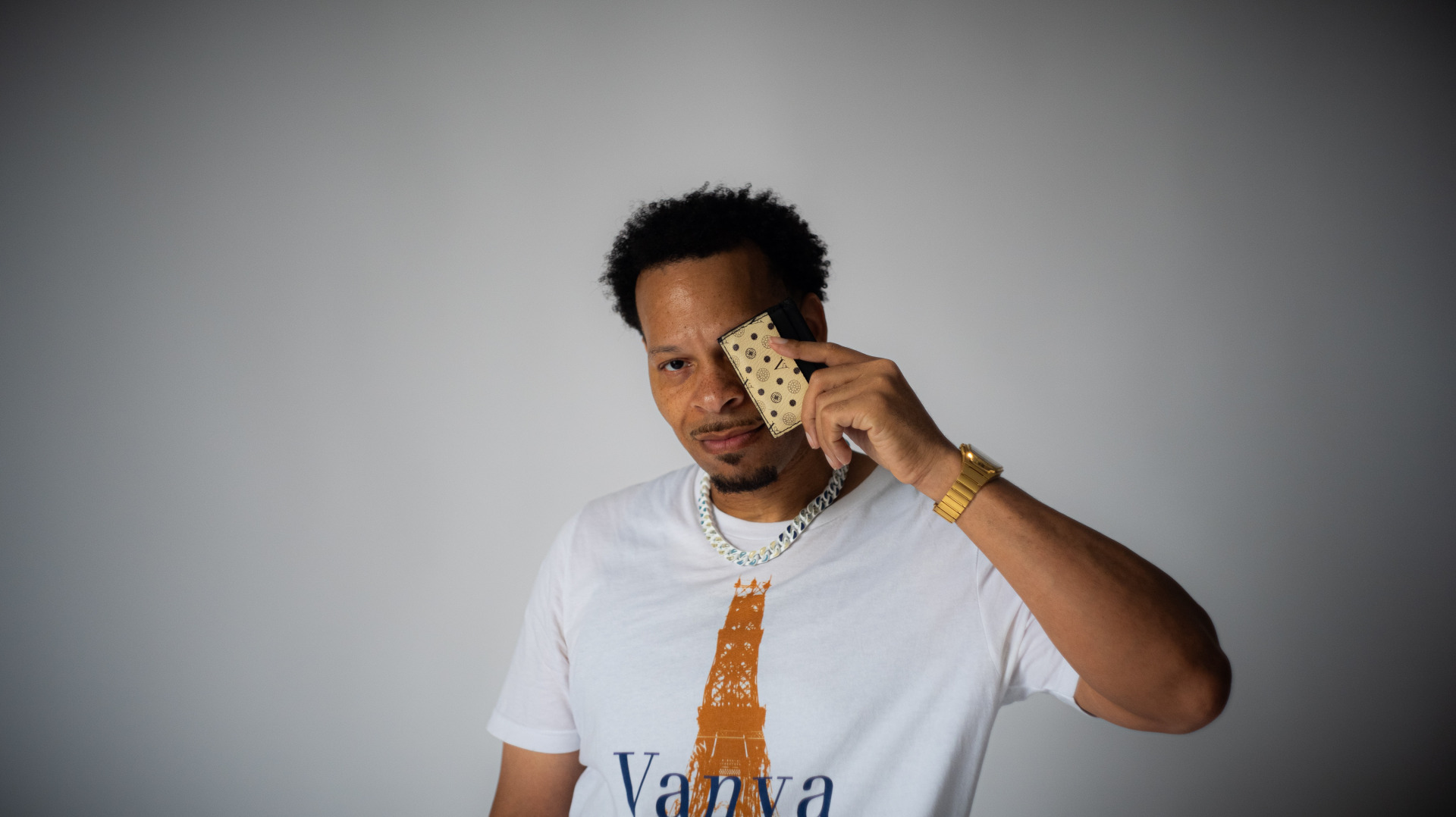
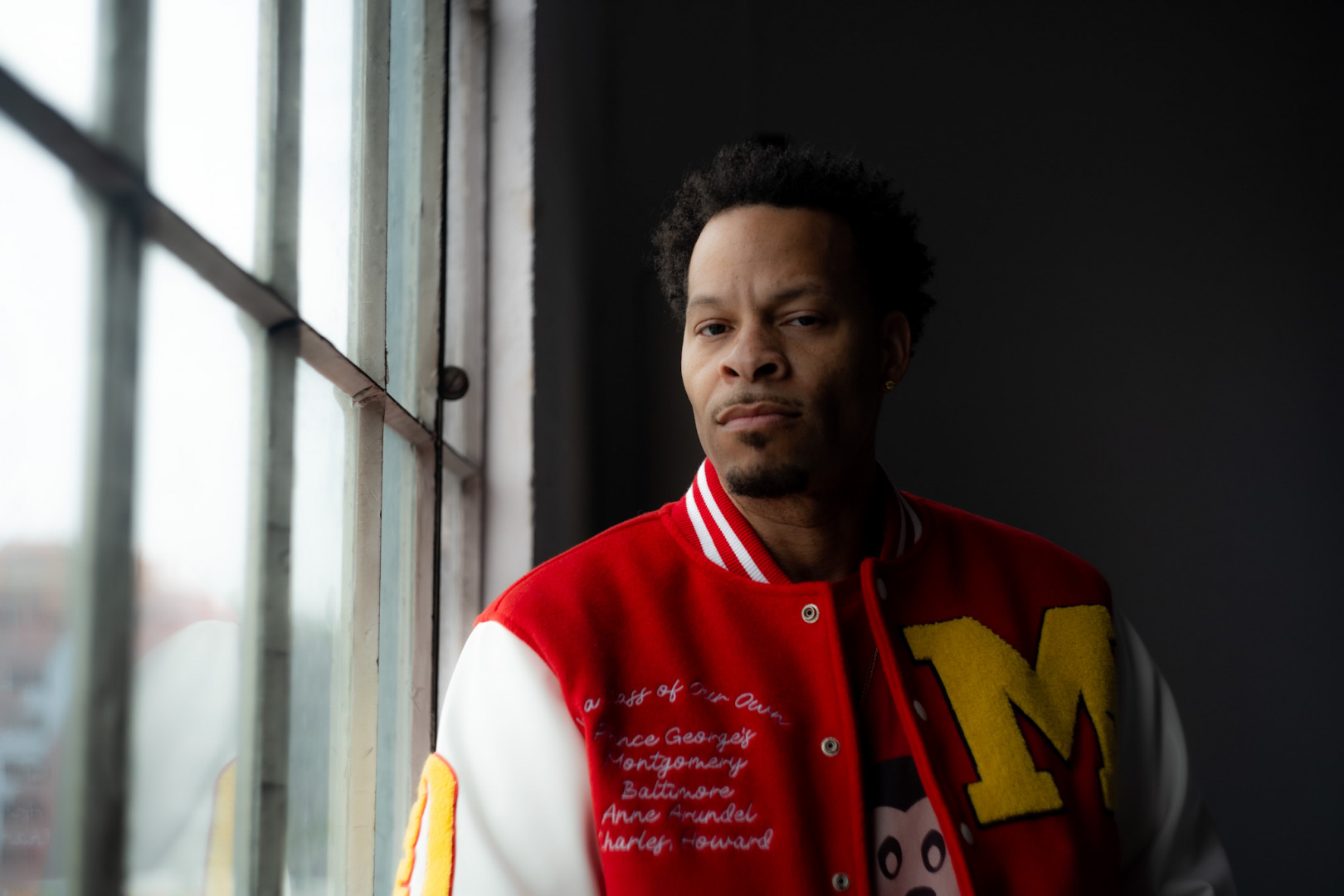
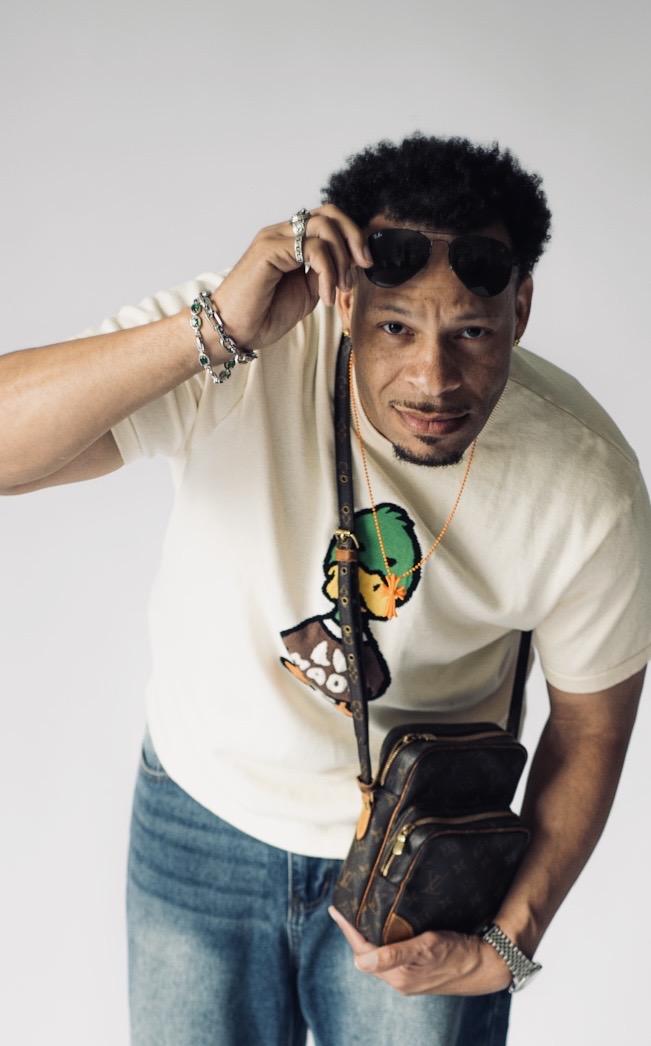
Image Credits
All photos are credited to Steven Vera with the exception of the on-set photo.
